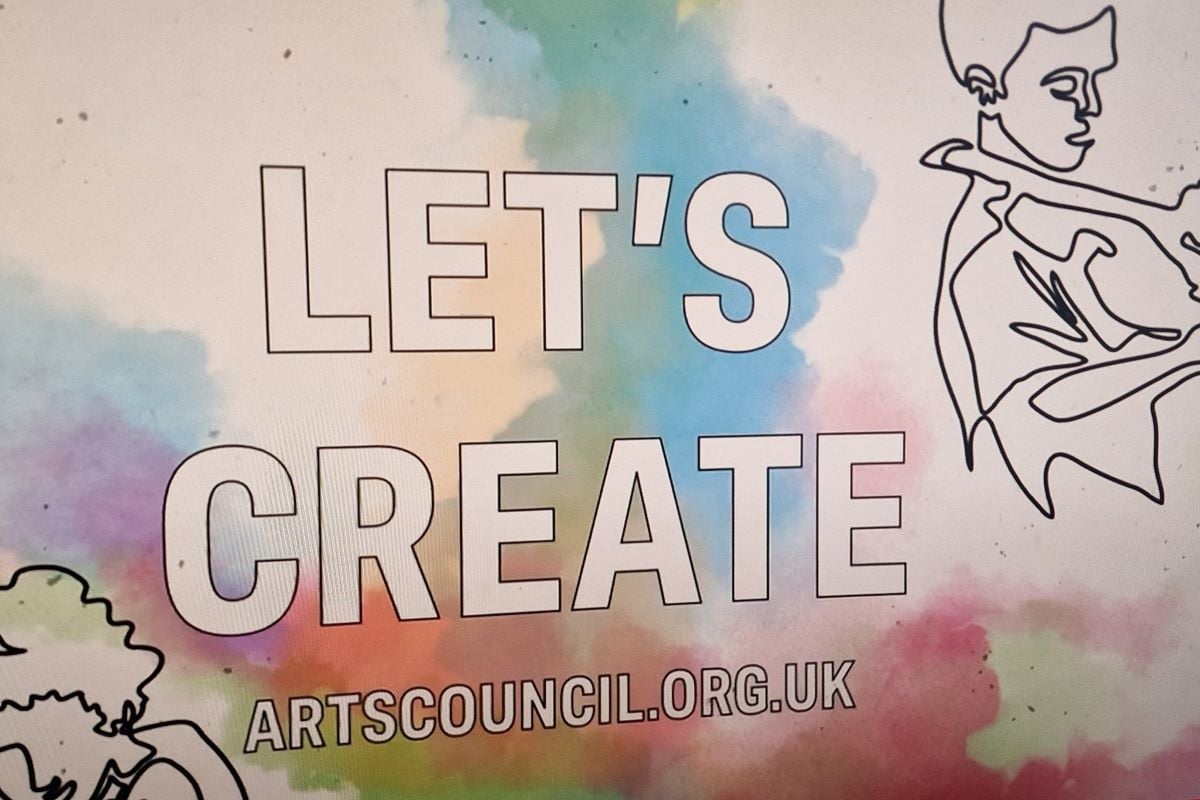
Arts Council England is currently approaching the halfway point of its 10-year Let's Create strategy
ACE review: Arts leaders seek sector involvement
Senior figures from arts and culture organisations say government-ordered review of Arts Council England requires sector input to be meaningful.
The current review of Arts Council England (ACE) should involve consultation with the arts and culture sector to ensure a broad range of voices are heard, leaders have said.
A full scale review of ACE officially launched on 15 March with the appointment of Dame Mary Archer as Lead Reviewer.
According to Cabinet Office guidance on how to conduct reviews, the exercise should be completed within four months of the appointment of the Lead Reviewer – meaning findings should be reported to the Department of Culture, Media and Sport (DCMS) by 15 July at the latest.
READ MORE:
Lady Archer, speaking on her appointment, said she looked forward to "listening to a wide range of voices", but figures within the sector have expressed concerns that it will only extend to the "usual suspects".
According to the guidance, there is no mandatory requirement for a consultation to take place.
It states that if the organisation under review directly provides services to the public, the sponsor department and Lead Reviewer should "consider launching a call for evidence or, if appropriate, a consultation".
It adds that if the arm's-length body partners with specific entities such as sector-based groups, suppliers, delivery partners – a situation more applicable to ACE – then "due consideration should be given to how evidence should be gathered and analysed from these".
'Broad engagement'
The terms of reference for the review of ACE state that officials will "engage with a broad range of interested parties in the arts and creative sectors across the UK". However, no detail of how this will be done is given.
Posting on X, Tarek Iskander, Artistic Director and CEO at Battersea Arts Centre, said the review is "likely to have some very far reaching consequences for everyone in the subsidised sector".
"I'm wondering how we can all get involved, so that the discussion doesn't just involve the usual suspects?" he said.
He added that "we need lots of voices in the mix".
Andrew Corbett-Nolan, Chair of Hastings Contemporary said: "The Arts Council is a phenomenally important concept but under the current leadership it has more than lost its way.
"Constructive and broad participation with the review [is] badly needed. Many beyond the inner ‘ACE clique’ should have their voices heard."
Martin Berry, Creative Director & Joint Chief Executive at Exeter Northcott Theatre, added: "[It is] vital to have a wide range of voices from all scales, all levels of subsidy (and none), and all areas of the country."
Cost-cutting exercise
Chris Hodgkins, former Director of Jazz Services, which lost its place in the National Portfolio in 2015 and has since rebranded as JazzUK, said the exercise appears to be about ensuring savings across the organisation – a requirement that was outlined when the Public Bodies Review Programme was launched in 2022 – whereas something more fundamental is necessary.
"The Arts Council needs more than a review whose sole purpose appears to be ensuring a 5% cost cutting exercise, with as yet no concrete terms of reference or how stakeholders can have their voices heard," he wrote in response to an article for Arts Professional by Andrew Pinnock on the subject of the review.
"[The review] is unlikely to look at the relationship of the Arts Council with the DCMS and the use of lottery funds to prop up National Portfolio Organisations," said Hodgkins.
"It needs a root and branch investigation by the National Audit Office or better still by the Parliamentary Ombudsman or indeed by an incoming Labour government as set out in their recent arts policy. Heads should be rolling at the Arts Council and the DCMS."
Join the Discussion
You must be logged in to post a comment.